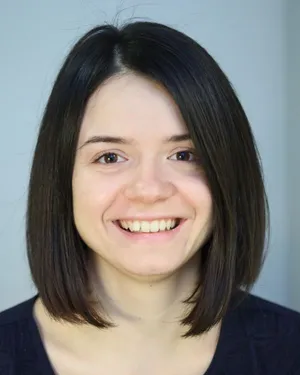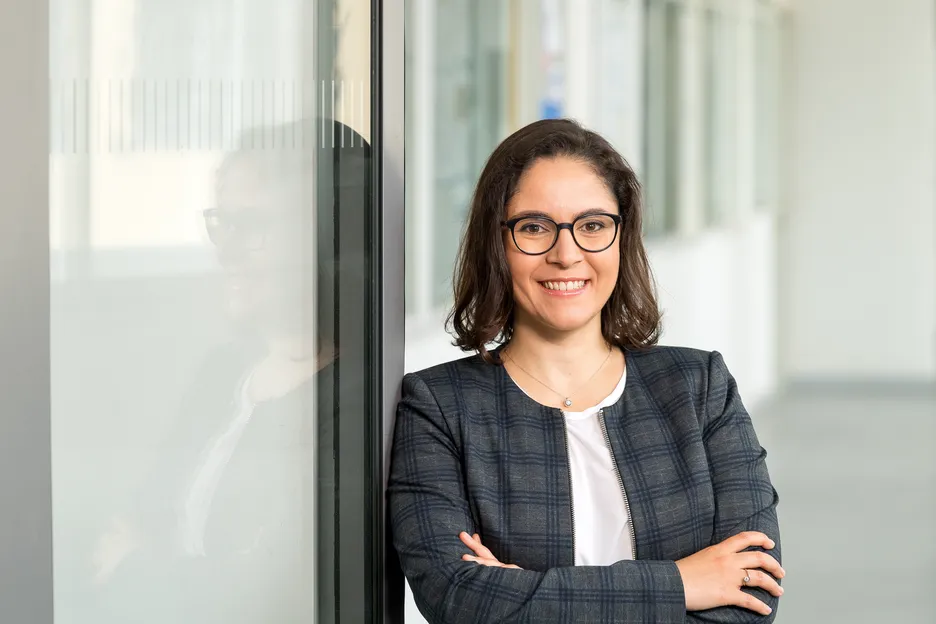Two ERC Starting Grants for the CIT
Research, Awards |

A group of high-ranking experts selected the winners among the groundbreaking research projects submitted by the scientists. An ERC Proof of Concept Grant was also awarded.
Jana Giceva
Future-Proof Data Systems
The pressure on existing software infrastructure continues to increase. On the one side, we have the exponential growth of data volumes and the need to make data centers more efficient. On the other side, the hardware landscape has embarked on a major push towards specialization. Both have major implications on software development. Prof. Jana Giceva tackles these challenges in her project “Future-Proof Data Systems” with a holistic approach that establishes the foundations of a new software infrastructure. She proposes to use a memory-centric approach that enables data-intensive jobs to be executed more efficiently on modern hardware and supports reasoning about the different trade-offs regarding performance, cost, and resource efficiency. Furthermore, to facilitate the development of future-proof data systems, she proposes replacing traditional software monoliths with a novel framework for optimization and compilation and a runtime system that is amenable to the evolving nature of modern hardware.
Jana Giceva is a Professor of Database Systems at the TUM School of Computation, Information and Technology. She is also a core member of the Munich Data Science Institute (MDSI).
Berna Özkale Edelmann
Nanorobotic microgels to control stem cell fate
Berna Özkale Edelmann's goal is to turn stem cells into heart cells and thus help people suffering from the consequences of a heart attack. However, stem cell-based therapies face the challenge of transforming the original stem cells into heart cells. Özkale Edelmann uses smart microgels to turn stem cells into differentiated heart cells effectively for her research approach. To do this, she does not work with original stem cells obtained from fertilized egg cells but with so-called induced pluripotent stem cells (iPSC). These "replacement stem cells" are obtained from skin cells that have been genetically modified. Özkale Edelmann introduces these iPSCs into a cell environment she created herself. She virtually recreates the living environment of a heart with its mechanical, dynamic properties. The viscosity and other properties of the microgels can be varied and thus influence the differentiation of the stem cells. This is done on the so-called µStemGel platform, which she uses to determine which signals lead to a stem cell becoming a heart cell.
Berna Özkale Edelmann is Professor for Nano- und Microrobotics at the TUM School of Computation, Information and Technology.
